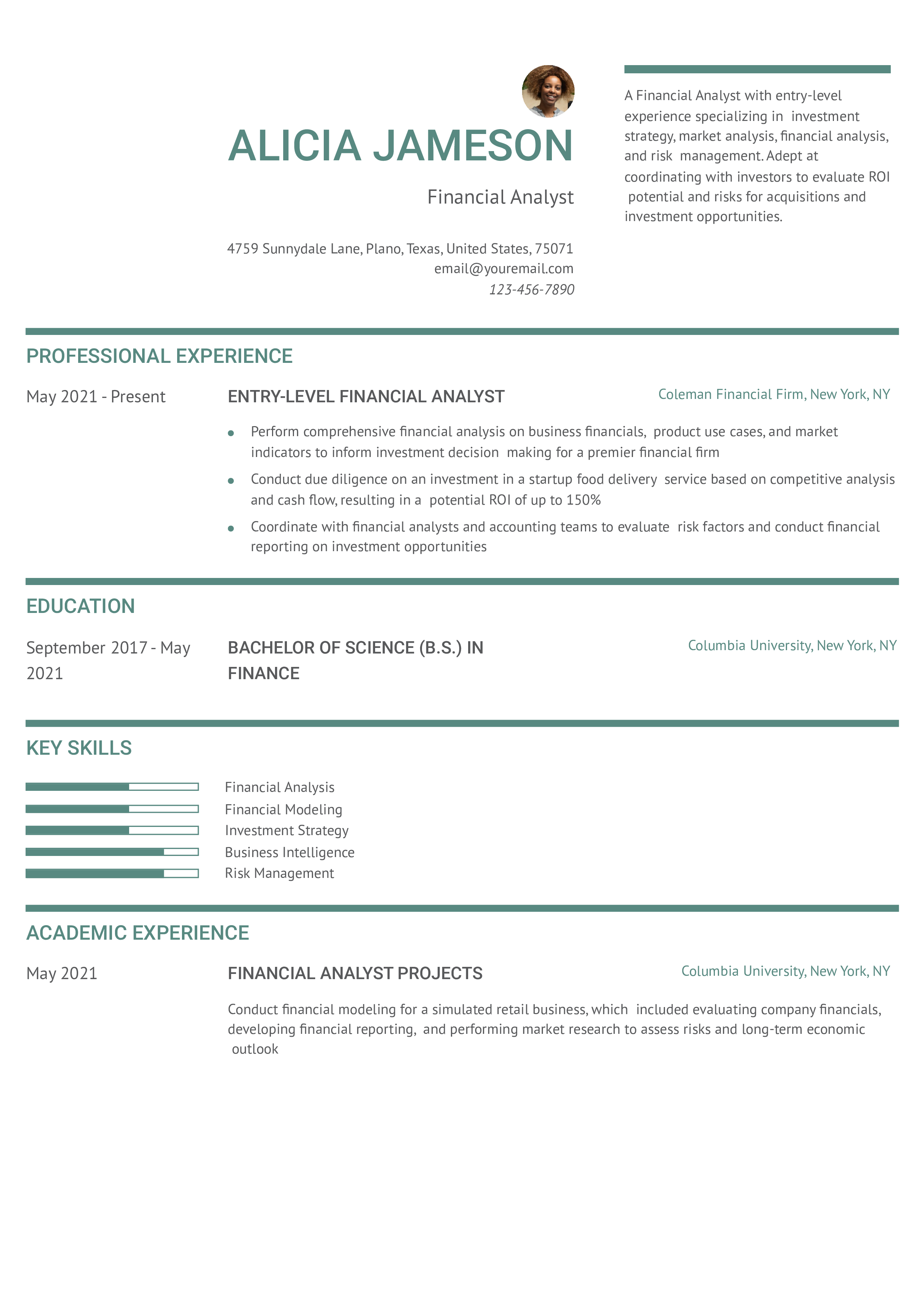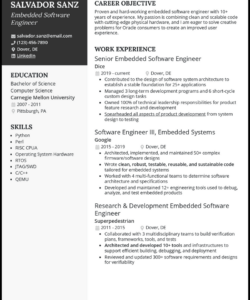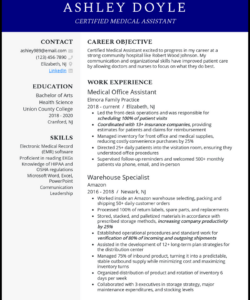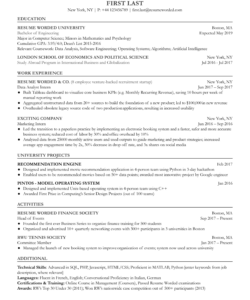Embarking on a career in finance is an exciting journey, and the very first step often involves presenting yourself effectively through your resume. For many aspiring professionals, especially those just starting out, this document can feel like a daunting challenge. How do you showcase your potential, academic achievements, and budding skills when you have limited full-time work experience? The good news is, with the right approach and a solid foundation, you can create a compelling resume that truly stands out.
This article will guide you through the essential components of a powerful entry level finance resume template. We’ll explore what hiring managers are looking for, how to structure your information clearly, and how to highlight your unique value proposition. By the end, you’ll have a clear understanding of how to build a resume that not only opens doors but also helps you land that coveted first role in the competitive world of finance.
Crafting Your Finance Resume: Key Sections to Include
A well-structured resume is paramount, especially when you’re aiming for an entry-level position in finance where clarity and conciseness are highly valued. Think of your resume as a marketing document for yourself; it needs to be easy to read, quickly convey your most important qualifications, and be optimized for both human eyes and Applicant Tracking Systems (ATS). While specific layouts can vary, several core sections are universally expected and should be present in any effective entry level finance resume template.

Start with your contact information, clear and professional, followed by a concise summary or objective statement. For entry-level candidates, an objective statement is often more appropriate, clearly stating your career goals and what you aim to achieve in a finance role. This section should be brief but impactful, giving the reader an immediate sense of your aspirations and suitability for the industry.
The education section is arguably the most crucial part for entry-level finance professionals. Here, you should list your degrees, universities, graduation dates, and any relevant honors, GPA (if impressive), or significant coursework. Don’t shy away from including relevant academic projects, theses, or even club affiliations that demonstrate your quantitative skills, leadership, or interest in finance. This section tells potential employers about your foundational knowledge and commitment to learning.
Experience, even if limited to internships, part-time jobs, or volunteer work, should be presented strategically. Focus on quantifiable achievements and transferable skills rather than just duties. Did you analyze data, manage budgets, or improve a process? Use strong action verbs to describe your contributions and always connect them back to skills relevant to finance. Even seemingly unrelated experiences can be framed to show problem-solving, teamwork, or analytical abilities.
Highlighting Skills and Certifications
Your skills section is where you can truly shine, showcasing both your technical proficiency and essential soft skills. For finance, this often means demonstrating comfort with specific software and analytical tools.
- Financial Modeling
- Data Analysis (Excel, SQL)
- Microsoft Excel (Advanced)
- Bloomberg Terminal / Refinitiv Eikon
- Python / R (for quantitative roles)
- Valuation Techniques
- Financial Statement Analysis
- Communication and Presentation Skills
- Problem-Solving
- Attention to Detail
Include any certifications you hold, such as CFA Level I, SIE, or even online course certificates from reputable platforms that are relevant to finance. This demonstrates proactive learning and a genuine interest in deepening your industry knowledge.
Tailoring Your Template for Success
While an excellent entry level finance resume template provides a strong starting point, true success comes from tailoring it for each specific job application. Generic resumes rarely make it past the initial screening. Each finance role has unique requirements, and your resume needs to speak directly to those needs. Spend time analyzing the job description, identifying keywords, and understanding the company’s culture and values.
One critical aspect of tailoring is optimizing for Applicant Tracking Systems (ATS). These automated systems scan resumes for keywords and specific formatting before a human ever sees them. Ensure your resume uses clear, standard headings and includes relevant industry terms found in the job posting. Avoid complex graphics or unusual fonts that might not be parsed correctly by ATS. The cleaner and more direct your resume’s structure, the better its chances of passing this initial hurdle.
Even without extensive professional experience, you likely have achievements that can be quantified. Instead of just stating “Assisted with financial reports,” try “Assisted with monthly financial reports for X projects, contributing to a Y% increase in accuracy.” Numbers make your accomplishments tangible and demonstrate impact, which is highly valued in finance. Think about the scale, frequency, or outcome of your tasks.
Finally, never underestimate the power of meticulous proofreading and seeking feedback. A single typo or grammatical error can undermine your professionalism and attention to detail, qualities that are non-negotiable in finance. Have a trusted friend, mentor, or career advisor review your resume. They might catch errors you missed or offer suggestions for improving clarity and impact.
- Carefully read each job description and customize your resume.
- Integrate keywords from the job posting naturally into your text.
- Quantify your accomplishments whenever possible to show impact.
- Keep the formatting clean, professional, and ATS-friendly.
- Proofread multiple times and ask others to review it.
Crafting a standout resume for finance is more than just listing your qualifications; it’s about telling a compelling story of your potential and passion for the industry. A well-designed and thoughtfully customized resume acts as your personal advocate, showcasing not only what you’ve done but also what you’re capable of achieving. It’s the key to opening doors and securing those initial interviews that can launch your professional journey.
Remember, your resume is a living document that will evolve as your career progresses. For now, focus on creating a strong foundation that clearly articulates your skills, education, and aspirations. With dedication and attention to detail, you can build a powerful tool that effectively communicates your value to potential employers and helps you secure the entry-level finance role you’ve been dreaming of.


